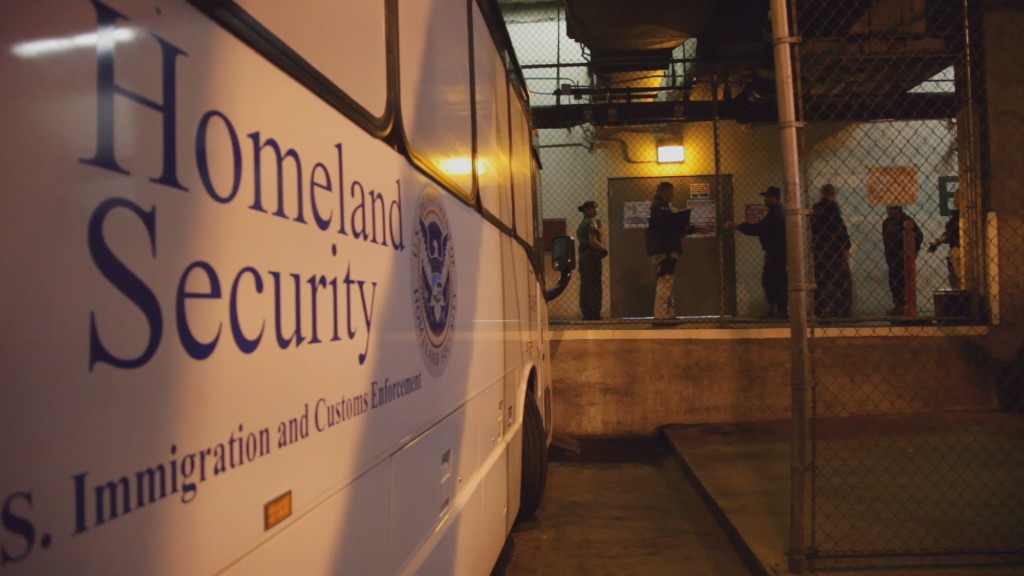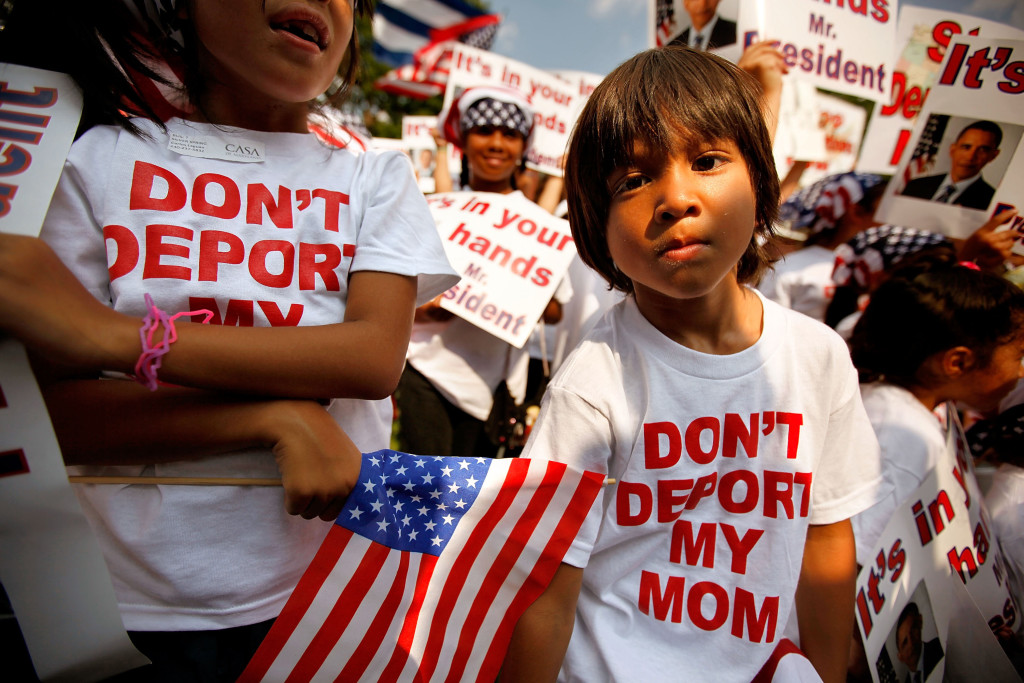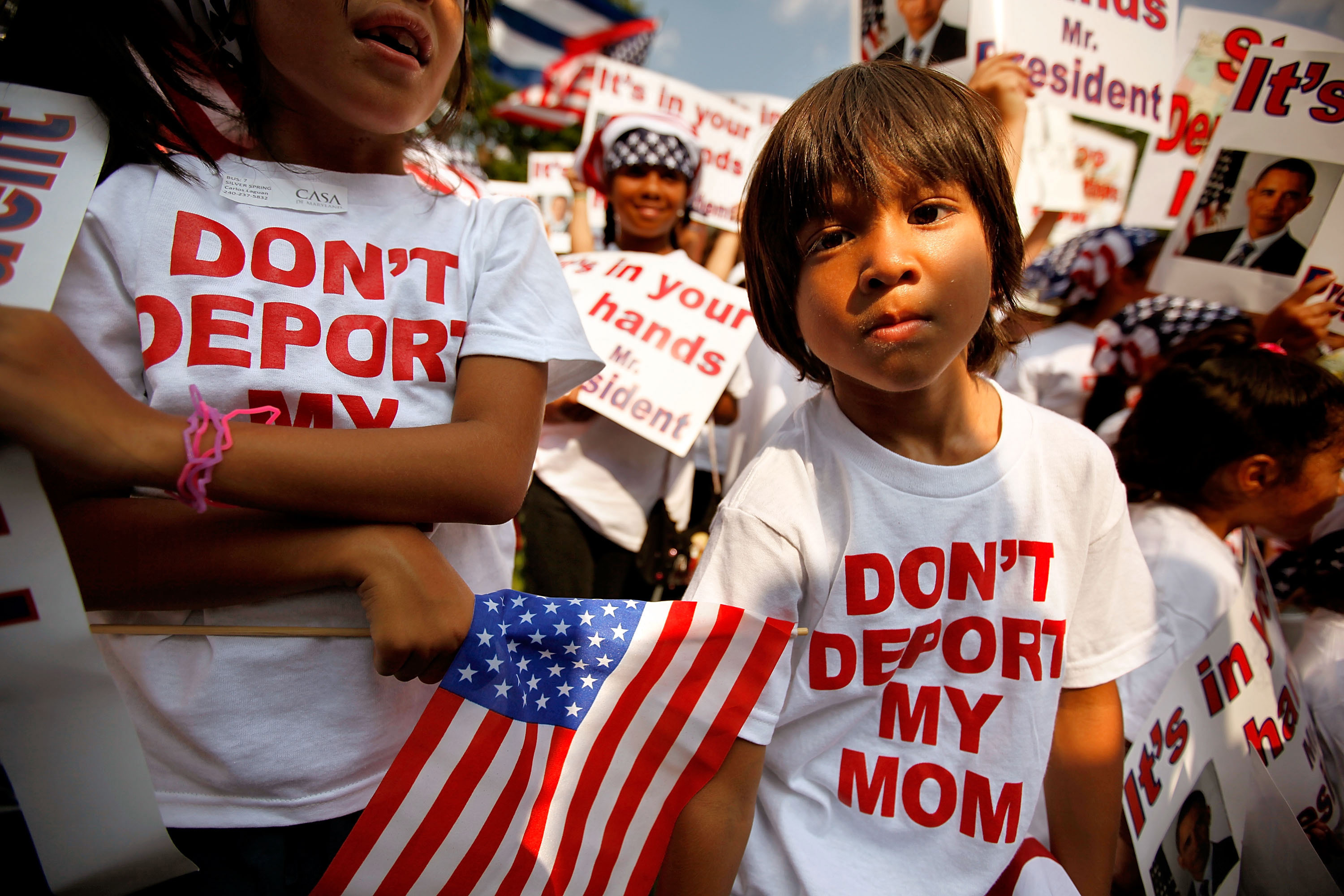Why Did the Gov’t Make Secure Communities Mandatory?

October 26, 2011
Share
In October 2010, during a press conference, Secretary of Homeland Security Janet Napolitano said that the controversial immigration program known as Secure Communities — initially a temporary law enforcement agreement made between states and the feds — was in fact mandatory. Less than a year later, when three state governors tried to back out of the program, they were met with the same response: you can’t opt out.
Next week, we’re likely to find out why.
A New York judge ruled yesterday that the Obama administration must hand over a document, known as the “October 2 Memorandum,” that’s expected to shed some light on the decision-making process behind the wide implementation of the program.
The document is part of a Freedom of Information Act [FOIA] request made by civil rights groups and immigration advocates who say the program is detaining and deporting illegal immigrants who have committed minor crimes — or no crime at all. Jerry Stermer, a senior adviser to Illinois Gov. Pat Quinn [D] says Secure Communities was originally pitched as a way to target serious criminals, but that his office found that fewer than 20 percent of people being deported from the state had been convicted of a serious offense.
Over the past couple of years, the program has become an integral tool in the Obama administration’s record number of deportations and is scheduled to be implemented nationwide by 2013.
The October 2 Memorandum is expected to be released by Nov. 1.
Related Documentaries
Latest Documentaries
Related Stories
Related Stories
Explore
Policies
Teacher Center
Funding for FRONTLINE is provided through the support of PBS viewers and by the Corporation for Public Broadcasting, with major support from Ford Foundation. Additional funding is provided the Abrams Foundation, Park Foundation, John D. and Catherine T. MacArthur Foundation, Heising-Simons Foundation, and the FRONTLINE Trust, with major support from Jon and Jo Ann Hagler on behalf of the Jon L. Hagler Foundation, and additional support from Koo and Patricia Yuen. FRONTLINE is a registered trademark of WGBH Educational Foundation. Web Site Copyright ©1995-2025 WGBH Educational Foundation. PBS is a 501(c)(3) not-for-profit organization.





















